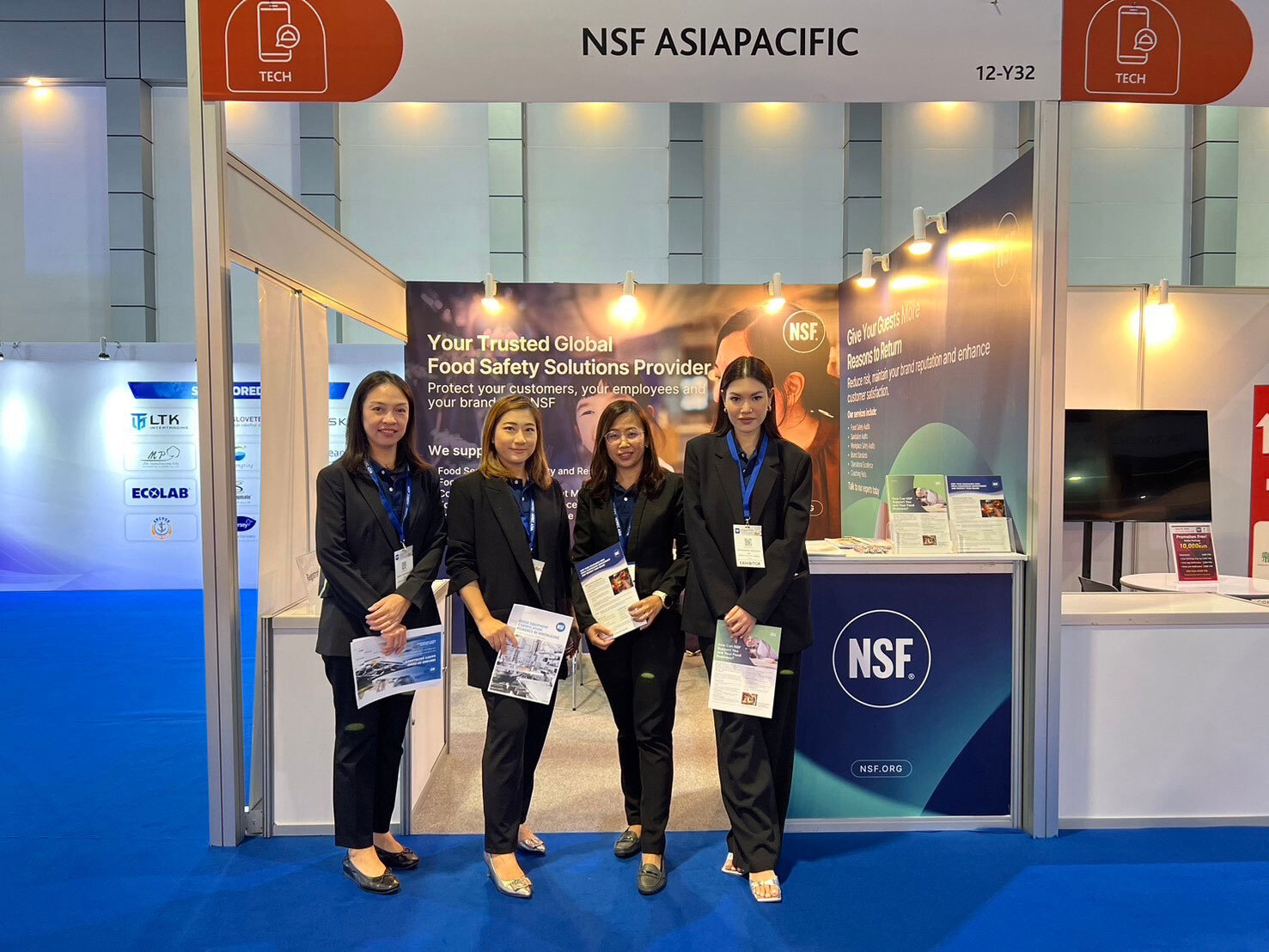What Our Remediation Projects Are Telling Us

NSF’s pharma team is in a unique position since we are regularly and intimately involved in a range of GMP remediation projects across the world and across all dosage forms. When a system or process fails to provide sufficient levels of quality assurance or inadequately maintains compliance to cGMP, the best-case scenario is that your quality system identifies the issue and escalates it to the right people -- and these people study the problem and apply the right resources to fix it now and for the future.
Often the solution can be derived in-house utilizing experts available in the company. However very often companies like to contact us for a different perspective on current industry thinking or for us to review and verify that the proposed corrective and preventive actions (CAPAs) will be effective across the full range of key attributes. These attributes include cost, timeframe, GMP compliance, sustainability, simplicity and ease of presentation to clients and regulators.
Instead, in cases where a third party identifies a problem for you, what else are they thinking?
- Why did they let this happen?
- What else is going wrong around here?
- Why did it take me to find the problem for them?
- How can I trust them to put it right?
- How does this affect my choices and judgment on next steps?
In effect, issues of this kind erode trust. I recently presented “A Question of Trust: Hard Won, Easily Lost” at the Annual PDA Europe meeting in Berlin. GMP remediation programs following “a nasty surprise” are always more expensive than doing it right the first time and are often characterized by recriminations, politics and rapid, sometimes unpredicted change. We also noted that, without a reassuring yet challenging third party who can provide expert oversight and guidance borne from multiple remediation projects, companies can languish for months while they regroup and begin the process of GMP remediation.
The 5 Main Causes of Remediation Issues
Our services are proven to get people back on their feet sooner, helping to realign “muscle memory” and getting the organization moving forward with renewed purpose and confidence. In almost every case we work on, the need for an expensive GMP remediation program is caused by five main drivers:
- Inadequate foresight of what the future will demand of your business
- Inadequate management of resources and knowledge
- Staff turnover and a lack of investment in education, coaching and development of leaders and subject matter experts
- Inadequate identification, evaluation and mitigation of risk to ICH Q9, especially:
Poor performance in:- Quality planning
- Management review processes
- Internal audits
- Preparedness for regulatory inspections
- An inadequate quality management system (QMS), especially:
- Poor alignment of the QMS to the needs of the wider business
- Poor analysis of potential root causes leading to ineffective CAPA
- Over-complexity
Remember, simple processes always deliver predictable, measurable results.
Ask Yourself
If you recognize any of these in your organization, how are your personal or departmental objectives defined so that these are resolved before they become a crisis?
What resources or budgets are assigned to these five key issues?
Focus on Simplification
Time and again, we note that remediation programs flounder or get mired in complexity. Your program may be over-complex if it goes from warp speed to a snail’s pace and back again, if it’s hard to see what needs to be done and by whom, or if you can’t rely on the CAPA to prevent the risk of recurrence. Worse still, the CAPA you are completing may be adding to complexity in the quality system. And, of course, this will store potential GMP non-conformance for the future.
The Cost of Complexity
Complexity causes staff to struggle to follow complex SOPs, QC methods and work instructions or to complete the records as prescribed. Complexity is a hidden cost that sometimes makes us look like busy fools!
The Importance of a Sounding Board
It is human nature to surround oneself with equipment, tools, processes, information and co-workers; many people actually derive self-worth from the complexity of the task they are doing, even though that task may be prone to error and variation, especially under time pressure. In any project involving a paradigm shift, make sure you have someone alongside you who nudges you in the ribs and asks how we can:
- Make this less prone to error
- Reduce the number of steps in this process
- Make the key steps more apparent, their standards better defined and the checks more explicit
- Reduce the risk of omission, overlap and human error
- Determine what to eliminate from this process to make what is critical more apparent
- Ensure that each of the five causes of remediation are considered when deriving each CAPA
These are just some of the questions that your trusted sounding board should be asking you.
Ready to Begin the Process?
Contact us with questions or to receive a quote.
How NSF Can Help You
Get in touch to find out how we can help you and your business thrive.

What’s New with NSF

NSF Shanghai Named Critical Site for NSF/ANSI 455 and NSF/ANSI 173 by ANSI National Accreditation Board
July 26, 2024